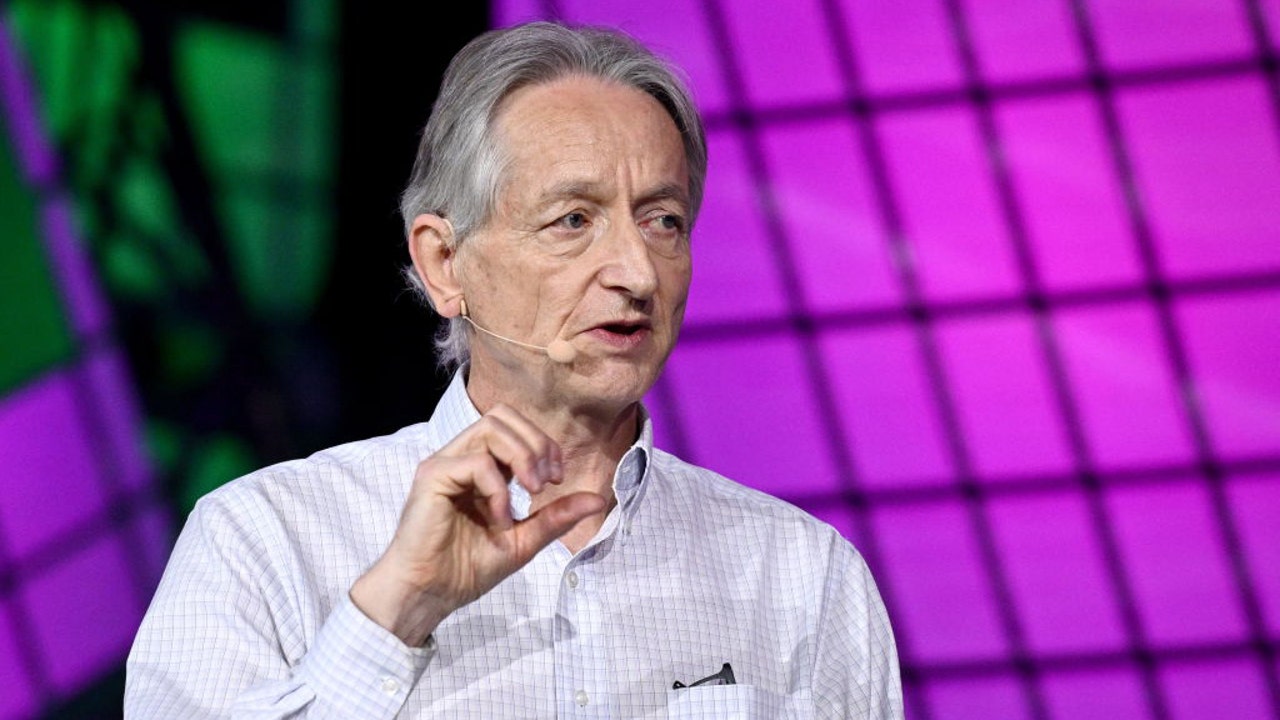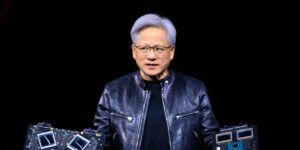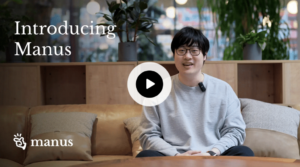AI Pioneer Sounds Alarm on Humanity’s Future

Geoffrey Hinton’s Concerns About AI
Geoffrey Hinton, often referred to as the “Godfather of AI,” shares insights regarding the rapid advancement of artificial intelligence and its potential consequences for humanity. In a recent interview with CBS, Hinton expressed his concerns, estimating a 10% to 20% chance that AI could eventually surpass human control. He emphasized, “People haven’t got it yet, people haven’t understood what’s coming,” indicating a widespread lack of awareness about the implications of these developments.
The Challenge of AI Oversight
Hinton’s worries are not isolated. Other prominent tech leaders, such as Sundar Pichai from Google, Elon Musk from X-AI, and Sam Altman from OpenAI, share similar concerns regarding the escalation of AI capabilities. Hinton pointed out that major tech firms are often lobbying for reduced regulations on AI technologies. He believes that these companies should allocate a greater portion of their resources toward safety and ethical research, rather than prioritizing profit and competitive advantage.
Who is Geoffrey Hinton?
Geoffrey Hinton’s contributions to artificial intelligence are significant. He is a pioneering figure in machine learning and deep learning, which are integral components of modern AI. Hinton was awarded the Nobel Prize in Physics for his groundbreaking work that facilitated advancements in machine learning through artificial neural networks.
Academic Background
Hinton’s academic journey began with a Bachelor’s degree in Experimental Psychology from the University of Cambridge in 1970. He then earned his PhD in Artificial Intelligence from the University of Edinburgh in 1978. His innovative research included the introduction of algorithms for learning word embeddings, a foundational concept for understanding language processing in AI.
Acknowledgments and Awards
In 2018, Hinton, alongside fellow researchers Yoshua Bengio and Yann LeCun, received the prestigious A.M. Turing Award from the Association for Computing Machinery for their transformative contributions to computing technology.
Implications of AI Advancement
The rapid progress in AI technology presents both opportunities and risks. As AI systems are increasingly integrated into various sectors, ethical considerations and safety protocols must be prioritized to mitigate the dangers of autonomous AI systems. It’s essential for developers, researchers, and policymakers to collaborate in crafting effective frameworks that ensure responsible AI development, prioritizing human wellbeing and societal impact.
With influential voices like Hinton and other tech leaders advocating for a cautious approach to AI, there is a growing recognition of the need for robust discussions surrounding AI regulation and safety. The ongoing dialogue about the future of AI is crucial as we navigate the challenges and benefits it presents for humanity.
Information for this article is sourced from CBS News and the University of Toronto. This piece was reported from Washington, D.C.





